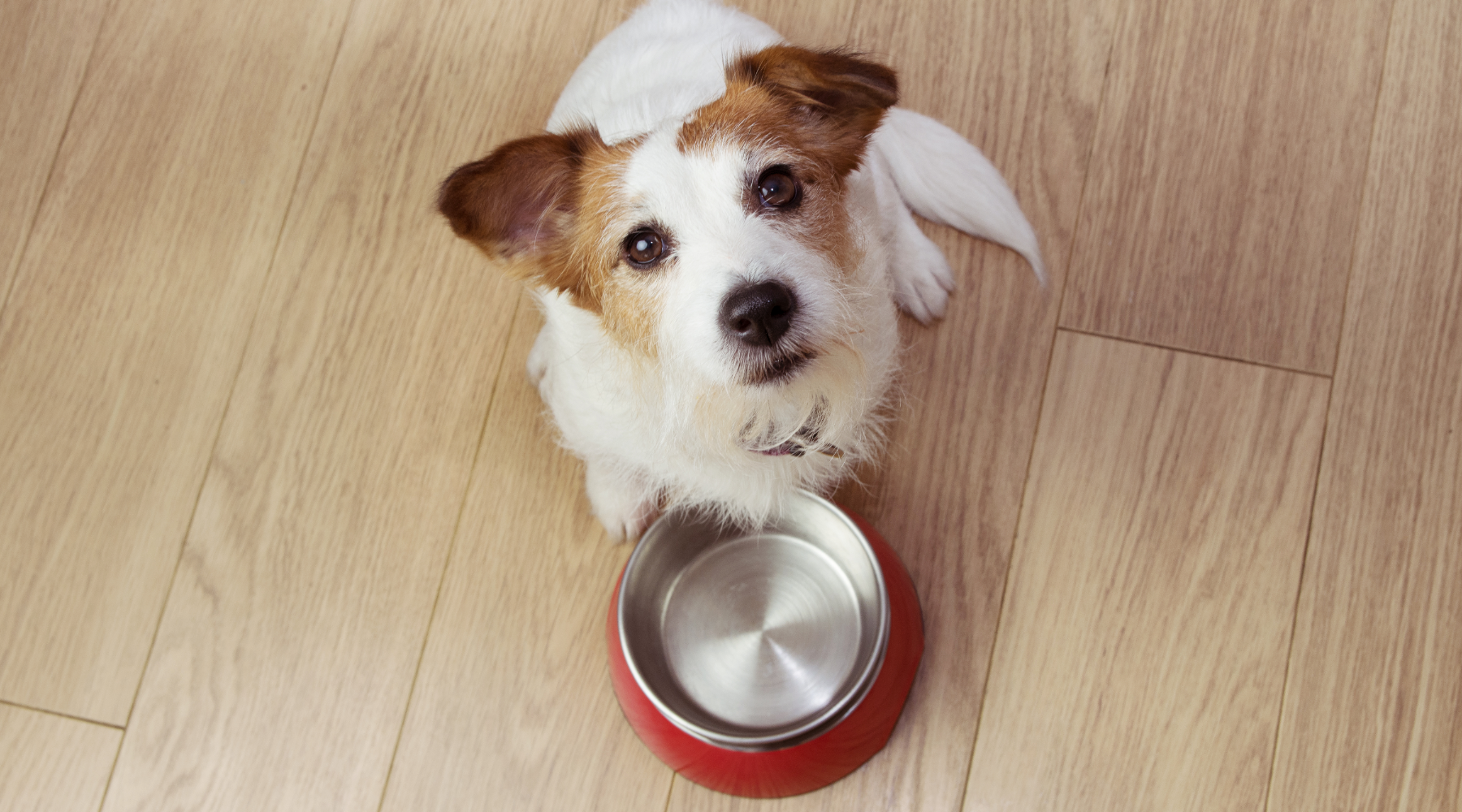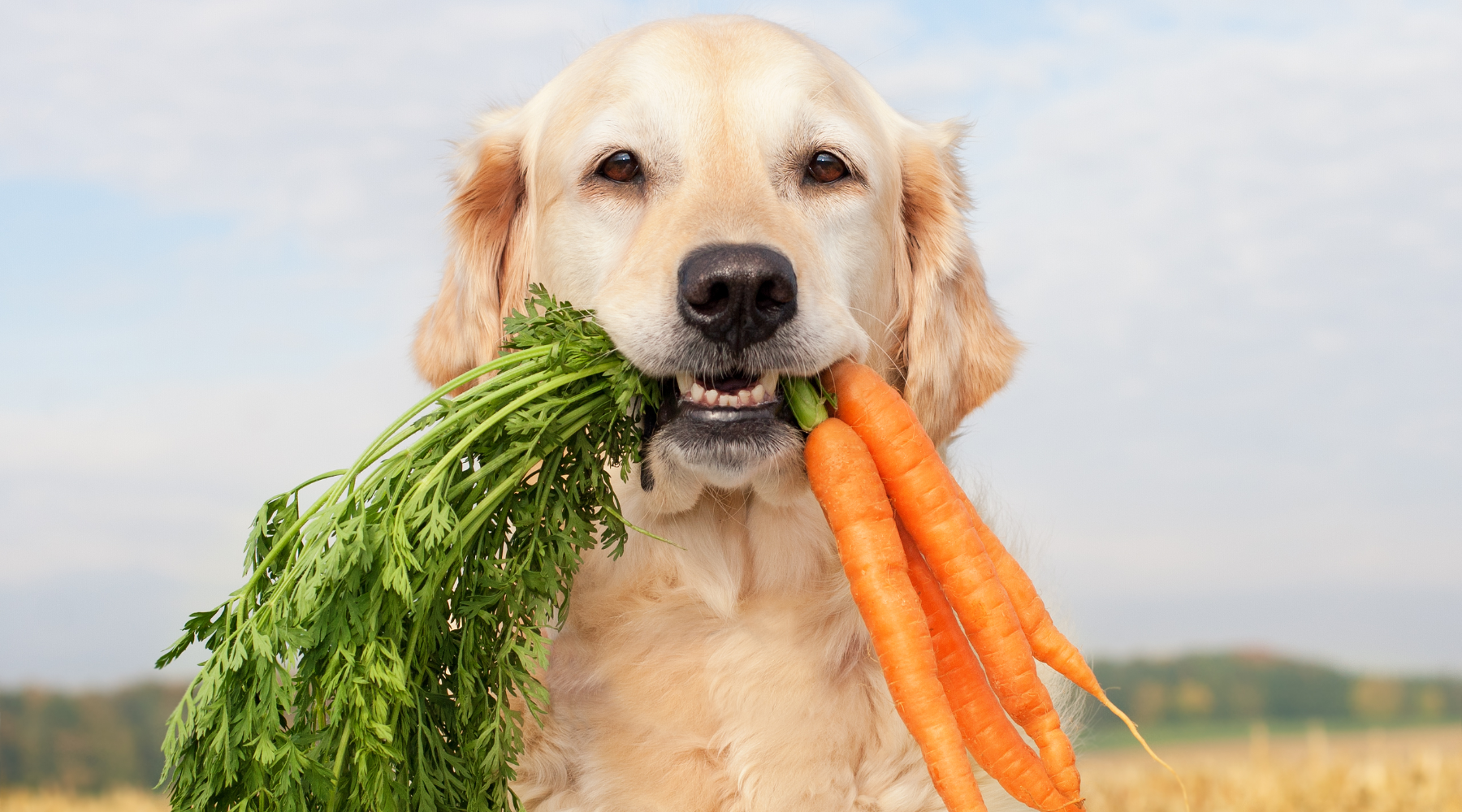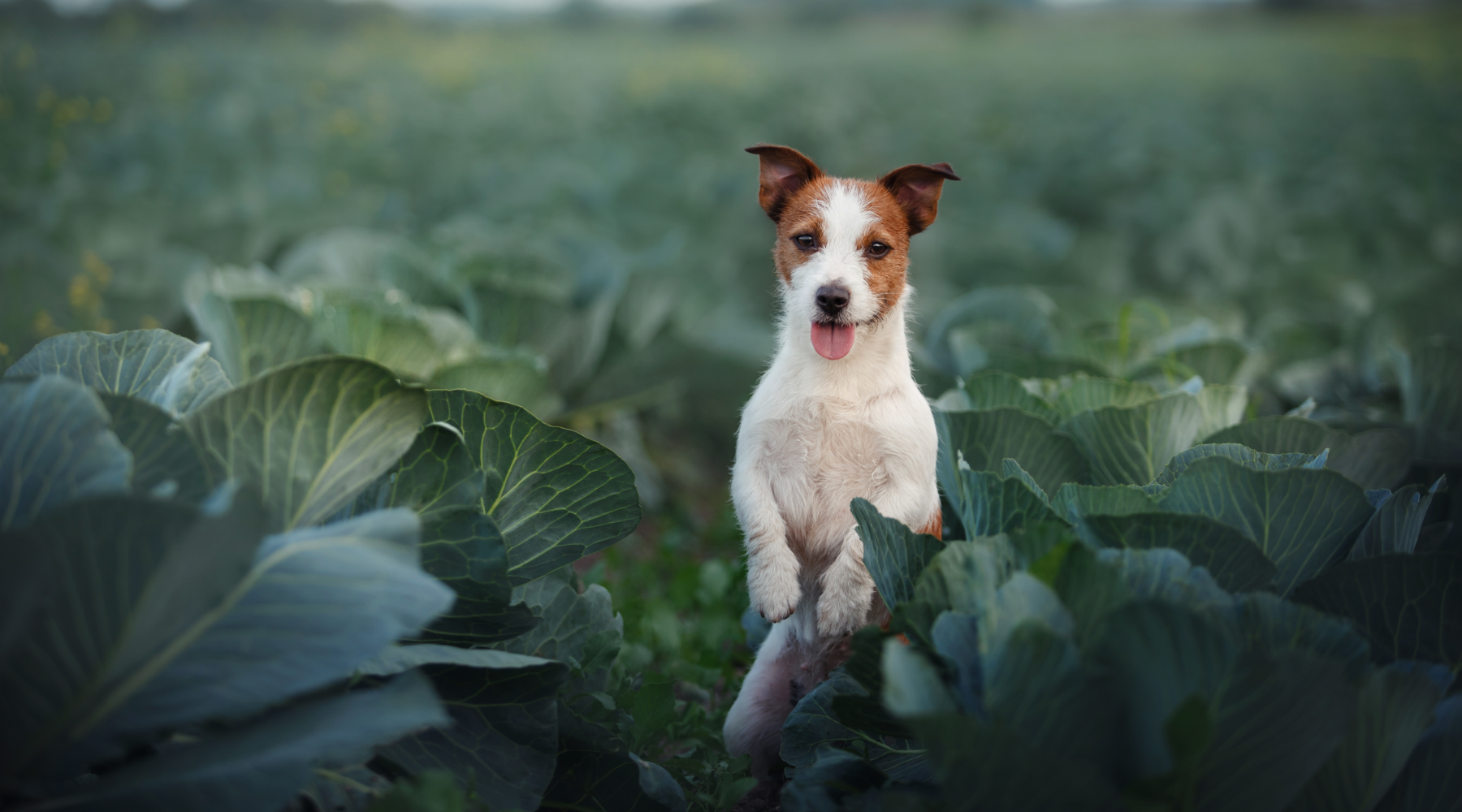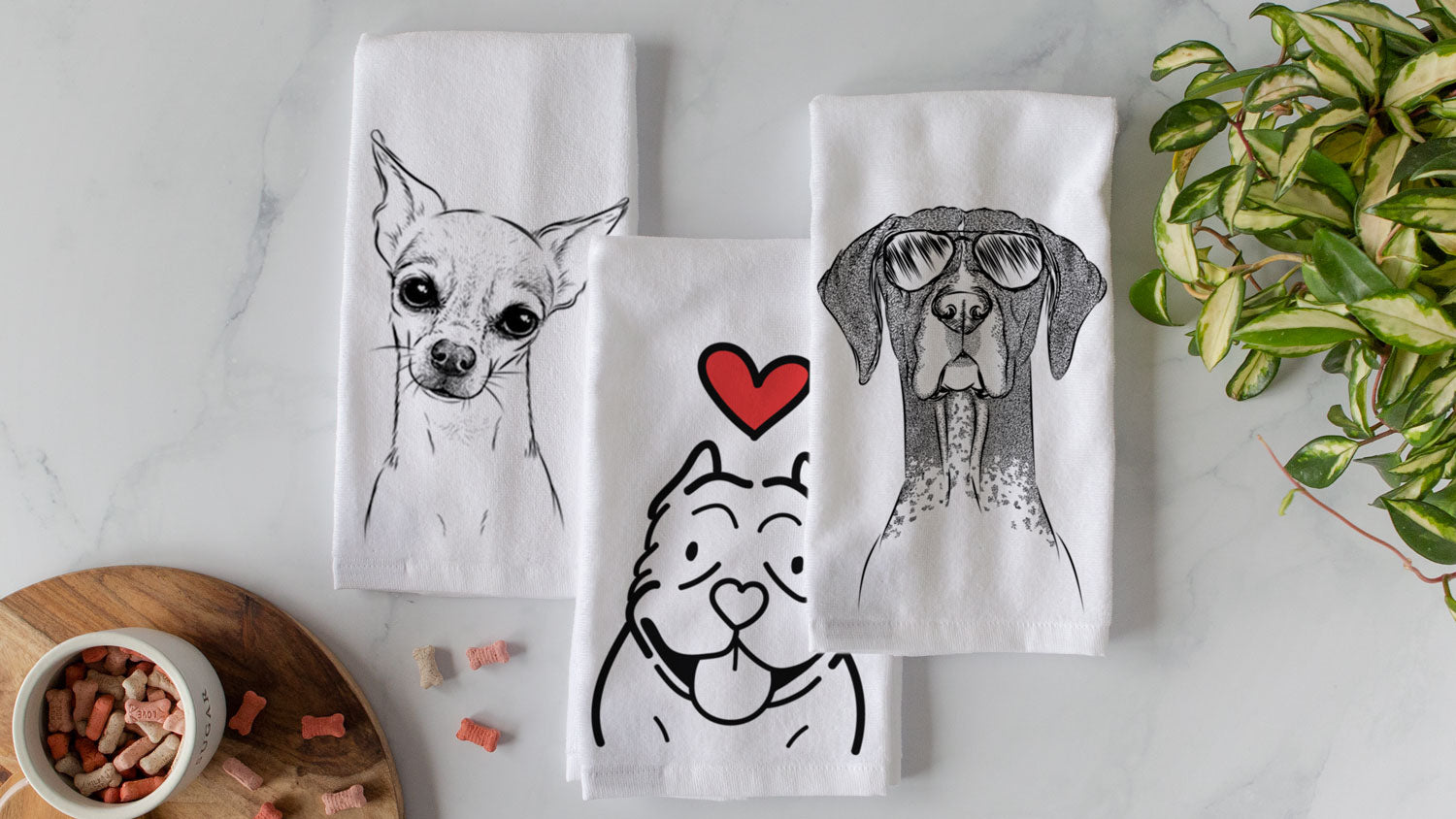Menu
-
-
Shop by Product
- Bestsellers
- Find Your Breed
- Closeout
-
- FREE SHIPPING ON ORDERS OVER $100
- Login

3 min read
What Vegetables Can Dogs Eat?
As pet parents, we're always looking for ways to keep our furry family members happy and healthy. One way to add some variety and extra nutrients to your dog's diet is by incorporating vegetables, however, not all of them are safe for your furry friend to enjoy. So, what vegetables can dogs eat? Let's find out!

What Vegetables Can Dogs Eat?
Here are 6 types of vegetables that are safe and beneficial for your pup:
1. Carrots
A crunchy, low-calorie snack that's great for your dog's teeth. Carrots are high in fiber and beta-carotene, which produces vitamin A. Plus, they make for a great chew toy substitute!
2. Green Beans
Whether raw, cooked, or frozen, green beans are full of important vitamins and minerals, and they're also low in calories. Just make sure they're plain and free from any added salts or seasonings, particularly if they're the canned variety.
3. Celery
Celery brings a host of nutritional benefits, being rich in vitamins A, C, and K, as well as minerals like potassium. The low calorie and fat content make it an ideal treat for dogs trying to lose or maintain their weight without sacrificing the satisfaction of a crunchy snack. With its high water content, celery is a refreshing, hydrating snack. The act of chewing on the fibrous texture of celery can help clean your dog's teeth, reducing plaque buildup and freshening their breath.

4. Bell Peppers
Bell peppers, particularly the red variety, are an excellent vegetable choice for dogs. They're rich in vitamins A, C, E, and lots of antioxidants, which can help in boosting your dog's immune system and maintaining healthy skin. Bell peppers are low in calories, making them a great, crunchy treat for dogs on a diet. Always remove the stem and seeds, as they can be hard for dogs to digest.
5. Brussels Sprouts
These are good for dogs in small amounts as they are loaded with nutrients and antioxidants. However, they can cause gas, so it's best to give them in moderation - you have been warned!
6. Cabbage
This leafy green is loaded with vitamins, such as vitamin K and vitamin C, as well as fiber, which can aid in digestion and overall gut health. Cabbage can also help to reduce inflammation and contains antioxidants that support a healthy immune system. Similarly to sprouts, cabbage has the potential to cause gas and so it's highly recommended to offer it in moderation!

Tips for Serving Vegetables to Your Dog
1. Introduce Them Slowly
Start with small amounts to see how your dog reacts. This is important for any new food you choose to offer to your pup.
2. Cook Plain
Avoid adding any oils, butter, seasoning, or salt when serving vegetables to your dog. This advice applies to all other foods you serve to your pup too.
3. Chop Into Small Pieces
Make sure to cut vegetables into bite-sized pieces to prevent choking.
4. Consult Your Vet
If you have any concerns about your pet and their diet, always talk to your veterinarian for professional advice.
Vegetables to Avoid
Whilst the 6 vegetables listed above are considered safe for dogs to enjoy, there are also vegetables that dogs must avoid. Examples include:
- Vegetables belonging to the allium family: garlic, onion, leeks, and shallots are all toxic to dogs and so must be avoided.
- Wild mushrooms: it can be difficult to tell which wild mushrooms are safe for dogs to eat and which are toxic.
- Corn on the cob: whilst corn is safe for dogs to eat, the cob is not, as it's a choke risk and could cause an internal blockage.
Incorporating certain vegetables (and fruits) into your dog's diet can provide them with additional nutrients and variety. Just remember to introduce new foods slowly and ensure that all vegetables are prepared with your pup's safety in mind. At Inkopious, we're not just about creating art you can wear; we're also passionate about the well-being of our furry friends, which is why we're partnered with Best Friends Animal Society - shop our Dogs Collection today and support the rescue of pups, and cats too!
Leave a comment
Comments will be approved before showing up.
Subscribe
Sign up to get the latest on sales, new releases and more …

